Professor Marston and the Wonder Women
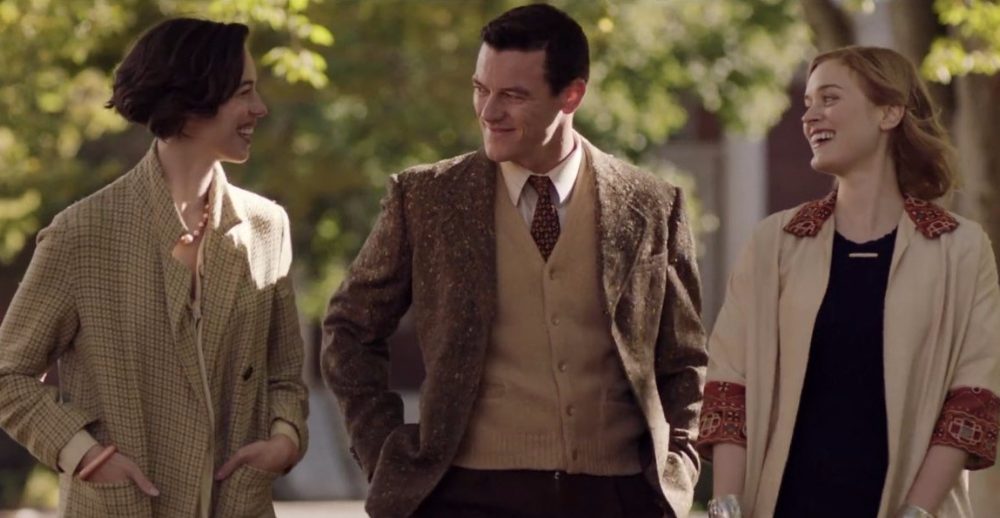
Was there ever a more profitable time for a biopic about the creation of Wonder Woman? Not only are we drowning in an historical era of superhero movies, but the latest incarnation of the famous rope-swinging hero was released earlier this year, grossing over $2 billion worldwide (a new record for a film with a female director). Sandwiched between Wonder Woman and the upcoming Justice League ensemble, Professor Marston delves into the polyamorous relationship between Wonder Woman’s original creator William Marston (Luke Evans), his sharp-tongued wife Elizabeth (Rebecca Hall), and their academic student/lover Olive (Bella Heathcote).
It’s a complicated relationship and one that, even in more enlightened times, would still be watched with prejudiced notions of perversity. Writer-director Angela Robinson breaks through this barrier in much the same way many filmmakers have tackled LGBT relationships on-screen – emphasising love between the characters, more than sex. However, sex is essential. Marston creates Wonder Woman out of a desire to showcase his psychological analyses, primarily DISC theory, which include many suppressed sexual realities – namely domination and submission.
The film deals with how the extended relationship and the comic book itself incorporated these studies of sex and gender power. It often jumps back-and-forth in a Social Network-style, hopping between key events in the relationship and a board inquiry into the comic’s decency. These side-by-side comparisons are engaging, but transparently fictional. The audience is asked to trust Robinson’s creative interpretation – recently dismissed by Christie Marston, William’s granddaughter. But the director’s embellishments enhance the conflict in the story, even if some scenes border (albeit beautifully) on the pornographic.
Robinson also attempts to create moral ambiguity, which is later abandoned, in order to empathise with the sexual and psychological intentions behind the Wonder Woman comic book. But open depiction of bondage and submission in a strip meant for children would make even the most liberal viewer feel uncomfortable. The audience are never convinced by Marston’s reasoning.
Professor Marston is a fascinating character piece with excellent performances – particularly from Rebecca Hall, who’s given the funniest and most aggressive lines. The film excels in the characters’ uncouth investigations, not often seen outside a David Fincher atmosphere. And although it’s a stretch to label the movie a biopic, considering all the fiction, it taps into truths that people don’t like to discuss. It’s also profoundly feministic, a refreshing antidote to our troubled times.
Euan Franklin
Professor Marston and the Wonder Women is released nationwide on 10th November 2017.
Watch the trailer for Professor and the Wonder Women here:

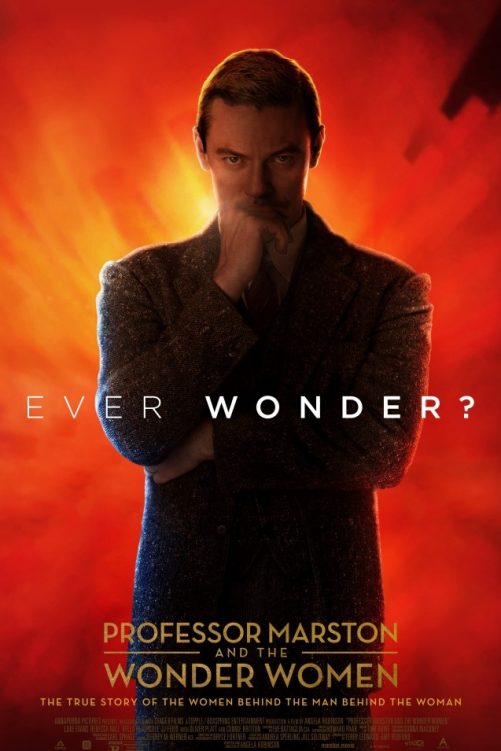

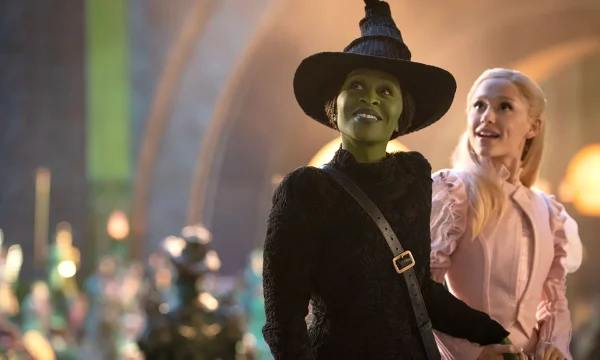
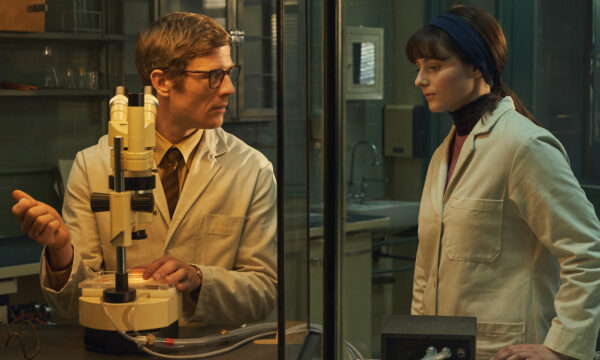
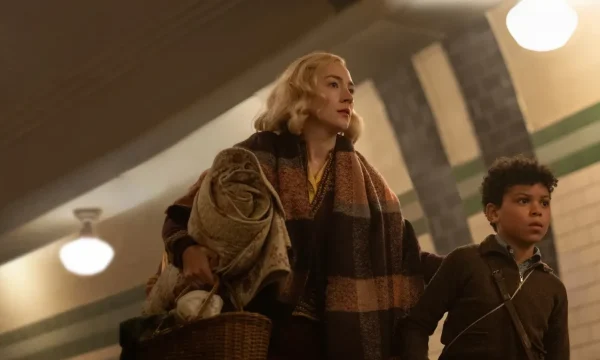
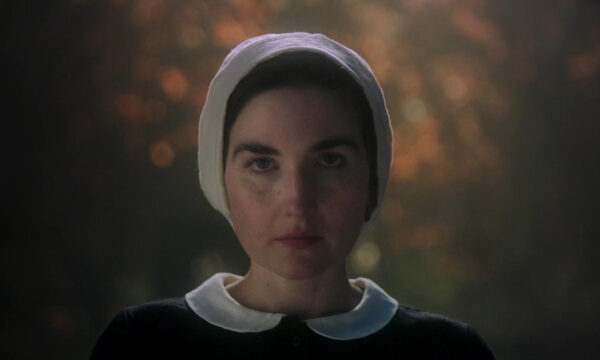

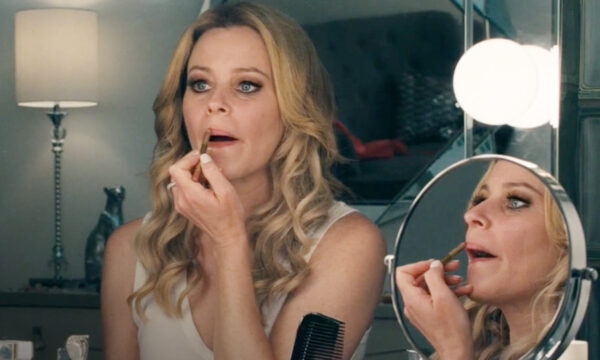
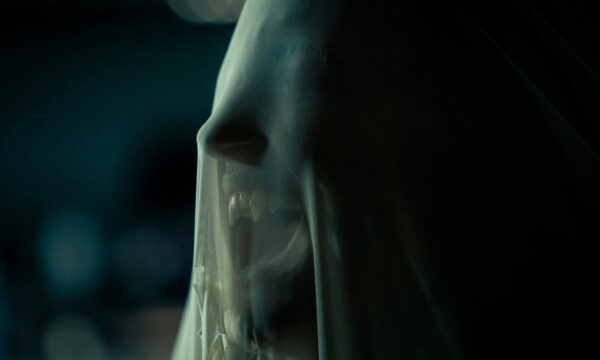











Facebook
Twitter
Instagram
YouTube
RSS